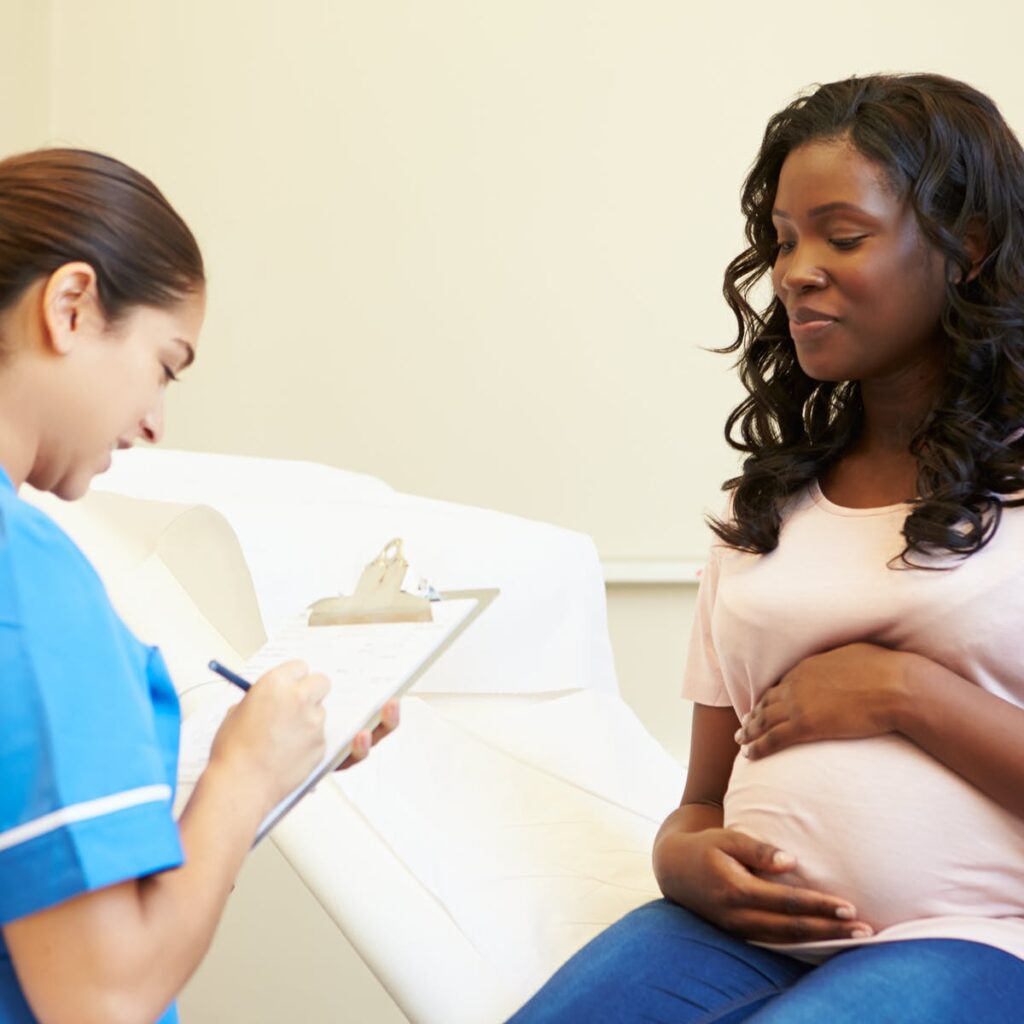A regular antenatal care starting early in pregnancy prevents most medical problems and early detection helps to improve pregnancy outcomes.
The WHO recommends that pregnant women should all receive at least eight antenatal visits to spot and treat problems and give immunizations. Although antenatal care is important to improve the health of both mother and baby, many women do not receive eight visits.
Prenatal diagnosis or prenatal screening (note that “Prenatal Diagnosis” and “Prenatal Screening” refer to two different types of tests) is testing for diseases or conditions in a fetus or embryo before it is born. Obstetricians & the best gynecologist in Noida at RFHD have the ability to monitor mother’s health and prenatal development during pregnancy through a series of regular check-ups.
Physical examinations generally consist of:
- Collection of (mother’s) medical history
- Checking (mother’s) blood pressure
- (Mother’s) height and weight
- Pelvic exam
- Doppler fetal heart rate monitoring
- (Mother’s) blood and urine tests
- Discussion with caregiver
Obstetric ultrasounds are most commonly performed during the second trimester at approximately week 20. Ultrasounds are considered relatively safe and have been used for over 35 years for monitoring pregnancy. Among other things, ultrasounds are used to:
- Diagnose pregnancy (uncommon)
- Check for multiple fetuses
- Assess possible risks to the mother (e.g., miscarriage, blighted ovum, ectopic pregnancy, or a molar pregnancy condition)
- Check for fetal malformation (e.g., club foot, spina bifida, cleft palate, clenched fists)
- Determine if an intrauterine growth retardation condition exists
- Note the development of fetal body parts (e.g., heart, brain, liver, stomach, skull, other bones)
- Check the amniotic fluid and umbilical cord for possible problems
- Determine the due date (based on measurements and relative developmental progress)

